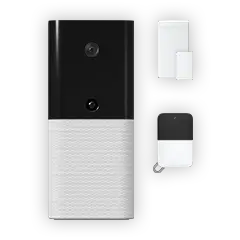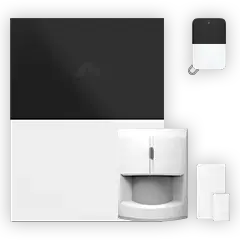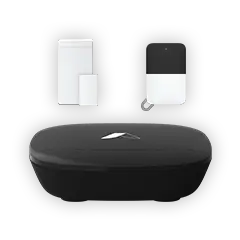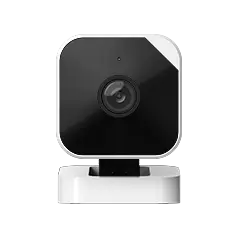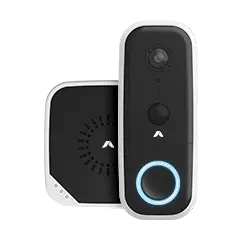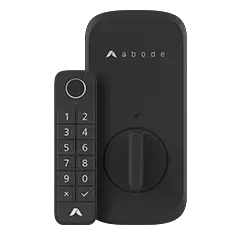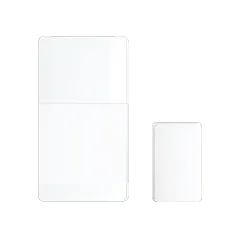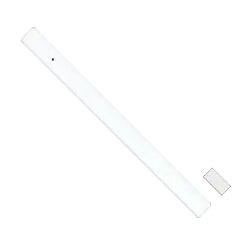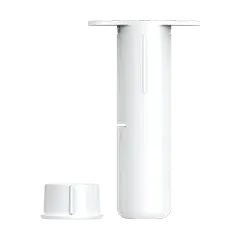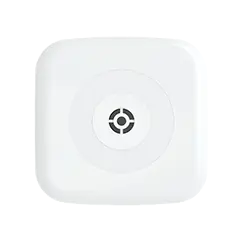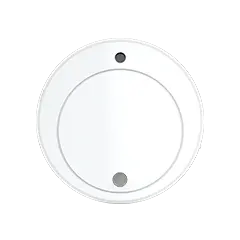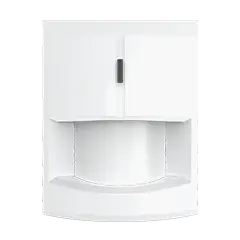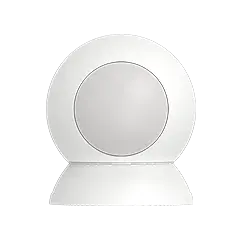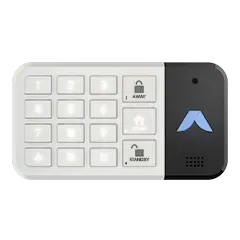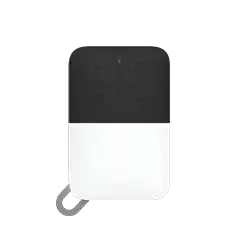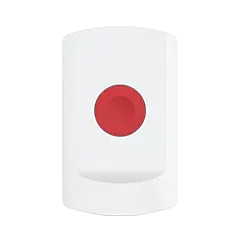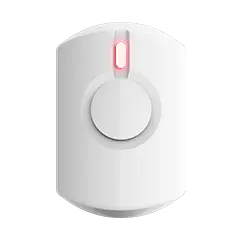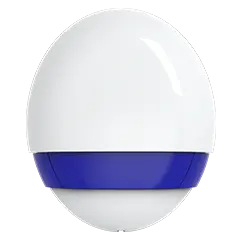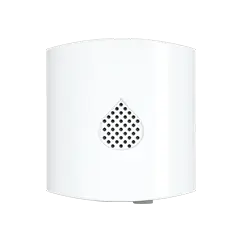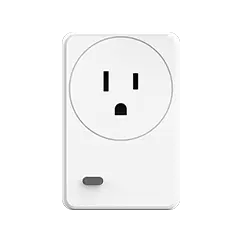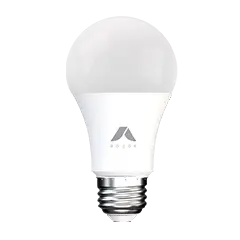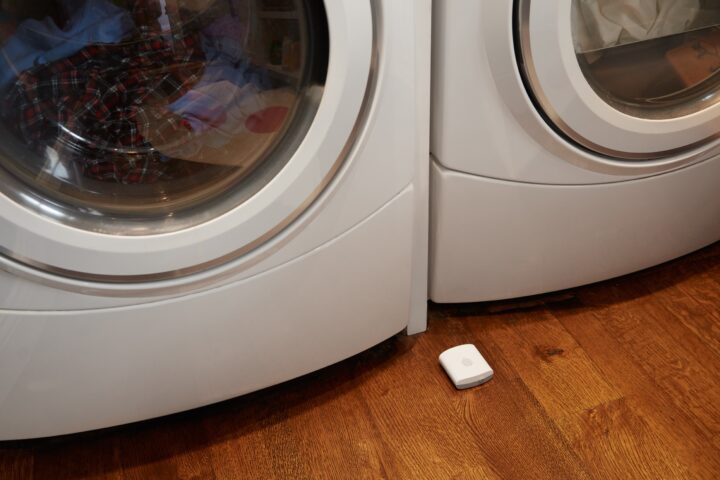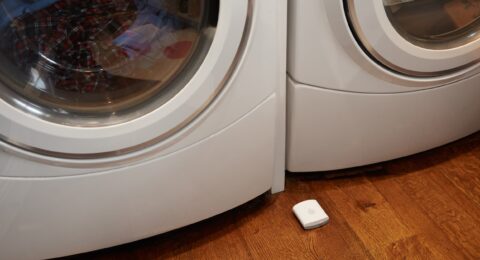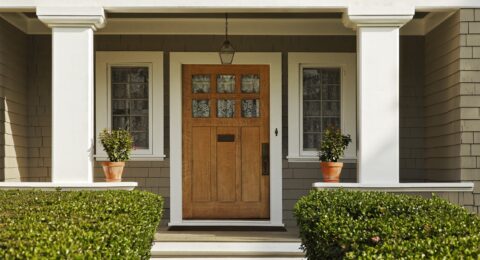Security AccessoriesAvoid Disastrous Water Damage by Putting Sensors in These 6 Places
 Abode September 06, 2019
Abode September 06, 2019 Damage from water leaks can be devastating and incredibly expensive to repair, and even small leaks waste a large amount of water if they’re not dealt with quickly. According to the Environmental Protection Agency, household leaks across the United States waste almost 900 billion gallons of water every year.
The good news is that most water leak waste and damage can be avoided with simple steps. The first step is to invest in water leak sensors, preferably wireless smart sensors that send alerts directly to your phone as soon as a problem is detected. Think of it as an early warning system so you can take quick action. The next step is to make sure you have water sensors in all the right places.
So, where should you put water leak sensors? Here are six of the most important places:
- The Bathroom: Let’s start with the obvious. Bathrooms have so much going on in terms of piping and plumbing that a water leak sensor is essential. You might even want to consider having two sensors in the bathroom: one at the base of the toilet and one under the sink plumbing.
- The Kitchen: Another clear candidate, the kitchen also has several areas you might wish to use a sensor. The sink is one, and the refrigerator is another. If your fridge is an older model or you have an ice maker, a sensor is especially important.
- Your Sump Pump: Water leak detection around your sump pump can be part of your smart home security system, and you can add a smart switch if you need to. Place your sensor at the top of the basin.
- The Boiler: A leak resulting from a broken boiler is a true disaster! Be sure to put a water leak sensor here, especially if your boiler is older or hasn’t been serviced for a while.
- Under the Washing Machine: Whether your washer is in the kitchen, in a laundry room, or in your basement. Wherever it is, it needs its own water leak sensor to avoid costly damage.
- In the Basement: Basements are up there with kitchens and bathrooms as a part of the home that often suffers water leak damage. It’s also worth noting that basements are often used for storage, so a lot of items get damaged in the event of a basement leak.
Before we wrap up, here’s a quick stat for you: A study looking at all homeowner insurance claims between 2009 and 2015 found that water damage was the most common cause of claims. Avoidable problems such as plumbing or appliance issues accounted for a much higher proportion of claims than weather-related water damage.
With abode, you can check the status of your wireless water leak sensors using the app on your phone, right alongside all the other information about your smart home security. You’ll also get immediate alerts if there’s a problem. You can even use abode’s all-in-one security system as a hub for your entire smart home, and the system can connect up to 160 devices from major smart home brands. Connecting everything is made even easier by the fact that abode works perfectly with Z-Wave enabled devices.
To get started with protecting your home from water damage, check out our bundles or read how Abode compares to other home security systems by reading a home security review.
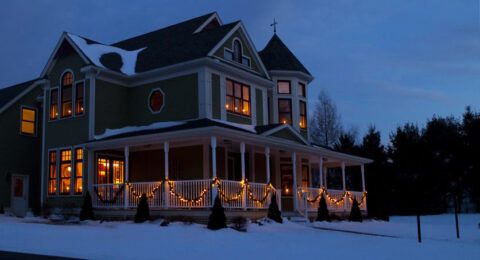 November 16, 2021 How your Abode system can help in colder weather Winter is coming! Is your home prepared for the approaching season? Preparing your home for the changing of seasons usually involves insulating it to better store heat, checking your...
November 16, 2021 How your Abode system can help in colder weather Winter is coming! Is your home prepared for the approaching season? Preparing your home for the changing of seasons usually involves insulating it to better store heat, checking your... 
